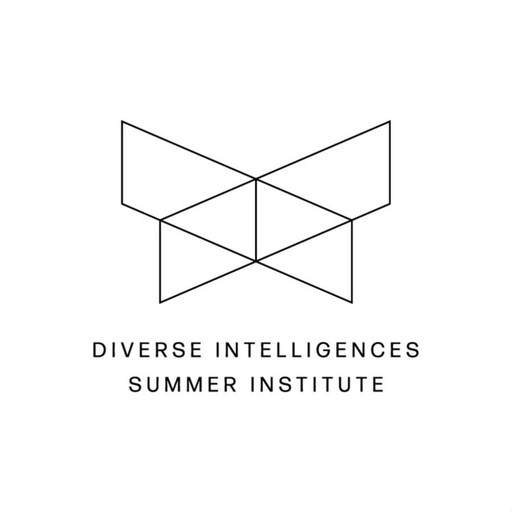DIVERSE INTELLIGENCES CURRICULUM SYLLABUS
I. Why this course offering will be interesting to students at the level of secondary education
II. Principles of approach in course development and deployment
III. Course goals — seeking a more comprehensive understanding of intelligence
IV. Course Syllabus
Download Full Syllabus

I. Why this course offering will be interesting to students at the level of secondary education
Advances in information technologies (including LLMs) and emerging biotechnology (especially neurobiology) have generated both fascination and anxiety about the nature and power of AI and other technologies related to intelligence.
There is a strong academic emphasis on the concepts and skills essential to navigate in an economy grounded in information technologies, including the study of the principles and patterns underlying intelligent operations in living systems. However, there is very little emphasis on providing a comprehensive overview of intelligence that can guide our social and ethical understanding and policy deliberations.
The study of diverse intelligences can build a bridge to new conceptual insights and provide perspectives on technological powers that dene the possibilities and challenges of our era. Whereas previous generations required attention to basic physical needs such as resources and protection, our era is contending with conceptual challenges and the staggering technological power of advances in information sciences and the study of intelligence (especially neurobiology and AI).
With the increasingly serious environmental crisis and rapid rate of animal extinctions, the current generation of students has a genuine concern for the natural world and animals as our earthly companions. More careful and sensitively conducted studies into animal behavior have underscored signicant ecological and ethical matters, including concerns about the preservation of ecological balance and issues pertaining to animal 'rights,' such as compassionate farming practices and biomedical research. Understanding the principles of diverse animal intelligences is a crucial component of these considerations.
Beyond the practical and ethical dimensions of this inquiry, its subject domain is truly fascinating, awe-inspiring, and essential for an understanding of our human place and purpose within the natural order. A proper understanding of intelligence will open vast realms of constructive creativity for human technological progress, our collective exploration of the world as an intelligible order, and a deeper appreciation of the mysteries of human nature.
II. Principles of approach in course development and deployment
Engage at the level of student interest in a way that is easily understandable, sustains interest, and builds up into breadth and coherence of understanding.
Use an approach that is relevant to students’ personal concerns; a contribution to their deeper self-understanding within a comprehensive appreciation for the diversity of intelligences amid the mystery of the cosmos as an intelligible order of being.
Structure the curriculum in a manner that makes the course interesting and intellectually accessible to students with a wide range of interests, including those from biology, computer science, philosophy, religious studies, art, and literature.
Present the course as an adventure, an exploration into the expanding horizons of the future: its fascinations, promising innovations, and potential perils.
Use vivid images, anecdotes, quotes, brief readings, and eective AV resources (visual clips, auditory clips – including whale, bat, and bird calls)
Employ a range of pedagogical approaches and changes in teaching modalities, including varied materials (AI models and robotics), demonstrations (bring in a human brain), puzzles, and hands-on challenge tasks.
Use an exciting mix of information presentations and active engagement through class dialogue and structured debates.
III. Course goals — seeking a more comprehensive understanding of intelligence
Gain knowledge and appreciation for the diversity of capacities across various forms of intelligence in order to understand the present and future expressions of intelligence (human, animal, and machine).
Gain perspective on the history of ideas about human, animal, and spiritual intelligences and the way they have framed our self-understanding and cultural traditions in both benecial and tragic ways.
Help to understand our own human intelligence in the light of broader ethological insights; our shared origins and expressions, as well as our distinctive capabilities and capacities.
Gain insight into the psychophysical unity of embodied intelligence, the intimate association of body and mind, as well as the importance of the enactive process that informs and renes the development and deployment of the functional operation of intelligence.
Explore broad consideration of the evolutionary origins of diverse intelligences, their complex and multi-faceted complementarity, and questions of teleology and ultimate ends within the cosmic order. That is, what (if anything) does the study of diverse intelligences tell us about the source and signicance of time, space, and material being?
IV. Course Syllabus




















